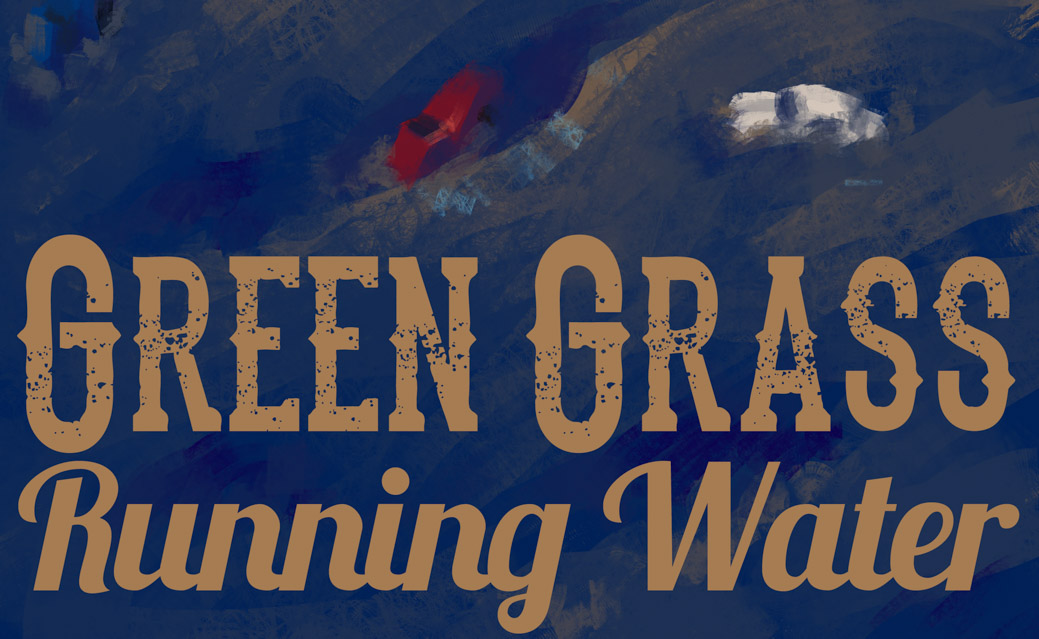Green Grass, Running Water: A Compelling Conversation on Indigenous Issues in Canada
Humour is undoubtedly one of the best ways to grip an audience and drive a difficult message home. Cherokee author Thomas King does just that in his 1993 novel Green Grass, Running Water—a wonderful tale woven with sharp satire, memorable characters, and subtle wit while addressing the unsettling realities of Indigenous Peoples’ experiences in Canada.
This saga follows a group of Indigenous characters from the Canadian prairie town of Blossom. Eli is a literature professor who spent 20 years away from the Blackfoot reserve, and Latisha is a restaurant owner and divorced mother of three. Alberta is a university professor who wants children without having to choose between her lovers: Lionel, a conflicted television salesman, and Lionel’s cousin, Charlie. The paths of these characters, alongside various others, converge as they head to the reserve for the Sun Dance. On their way, they meet four Indigenous elders, who recently escaped from a mental institution and alter the course of the characters’ lives.
King also blends these present-day plotlines with traditional folklore. Coyote, a trickster figure from Indigenous culture, and each of the elders narrate an Indigenous creation story in which they encounter figures from the Bible and Western literature. King satirizes these European stories by reimagining characters like Moby-Dick as the friendly female whale “Moby-Jane” or Adam and Eve as “Ahdamn” and “First Woman.” By reinterpreting these familiar, iconic tales, King disrupts the Eurocentric worldview, poking fun at the glorified pedestal on which Western culture and religion continue to stand. As a result, the novel highlights diverse perspectives and identities.
Saturated with spiritual, literary, and traditional references, the story can be confusing at times without sufficient historical knowledge. Nevertheless, it is accessible and engaging. King’s prose is alive with tireless comedy and is structured with brief snapshots or clips, dipping in and out of various plotlines. The dialogue between characters unravels, dangles, and wanders through the pages as multiple narratives layer on top of one another. This ambiguity seems intentional—King blurs the divide between the past and present, reality and myth, or men and women. King’s deceptively simple style—fused by dialogue and storytelling—allows the novel to become an open, realistic conversation.
By using satire, King builds a layer of uncomfortable tension beneath the comedic surface. As one of Canada’s most critically acclaimed authors, King addresses many disturbing injustices Indigenous Peoples continue to face in Canada, such as lower unemployment rates, poor health care, cultural annihilation, and treaty rights (among many others). He also paints a broader picture of finding one’s identity—the balance between tradition and modernity, as well as the conflict between white and Indigenous culture.
As readers laugh, King leaves an uncomfortable aftertaste and uneasiness deep in the heart as they realize these issues are humourless, everyday realities—a nod to the powerful effect of comedy. The title references the government’s ironic promise to give the Indigenous Peoples’ rights over their land as long as the grass is green, and the waters run. Nearly two decades after its publication, a line from the novel startlingly echoes the attitude of Canadian government towards Indigenous populations today: “Who’d of guessed that there would still be Indians kicking around in the twentieth century?”
Fueled by oral and written storytelling, King’s satirical exploration of society, culture, and history is original and enduring, with characters who linger in readers’ memories long after the last page. Hilarious, wild, and provoking, Green Grass, Running Water is truly a novel to be read—and then reread.

